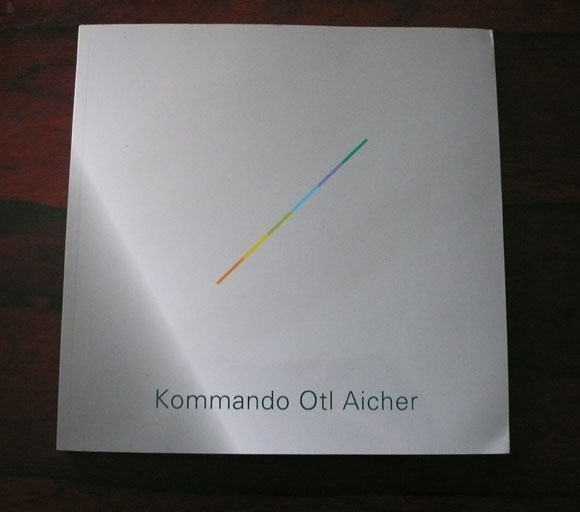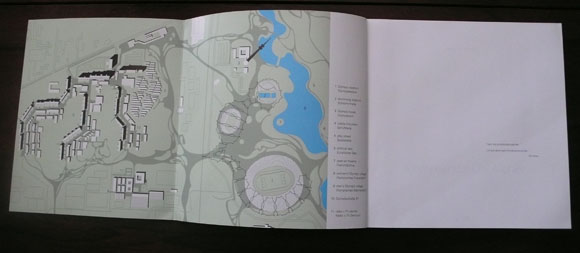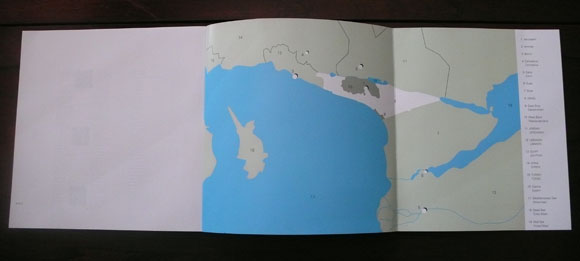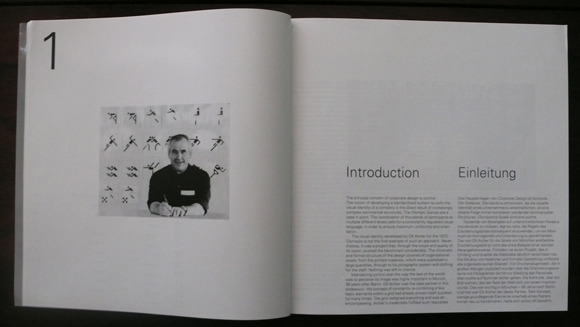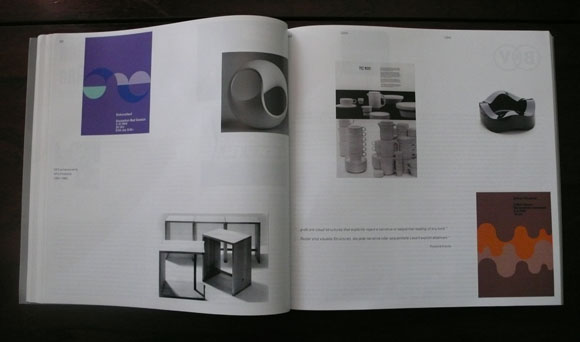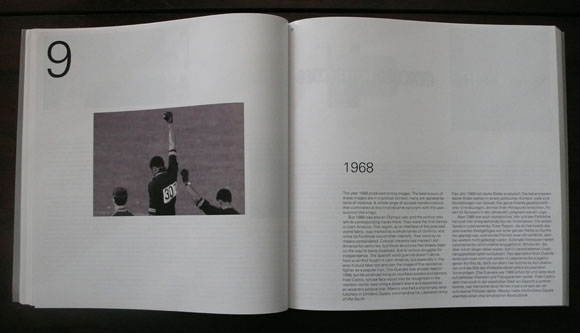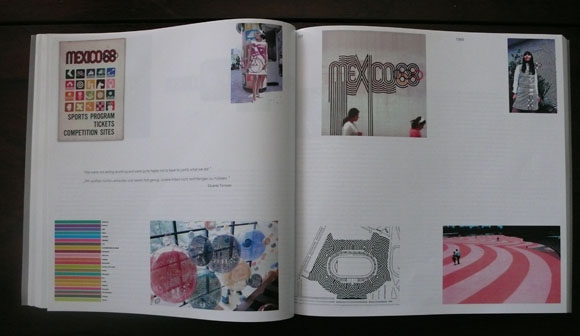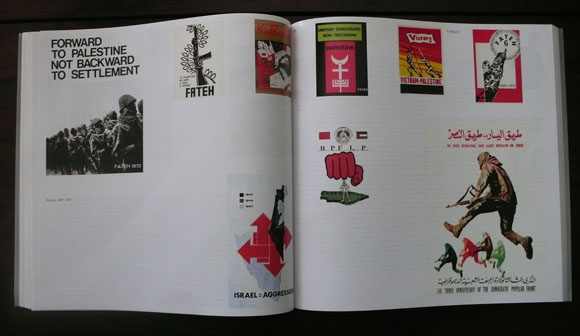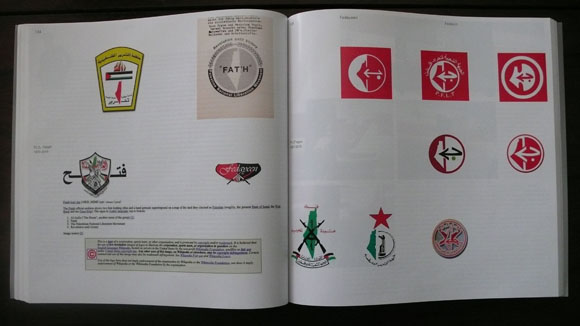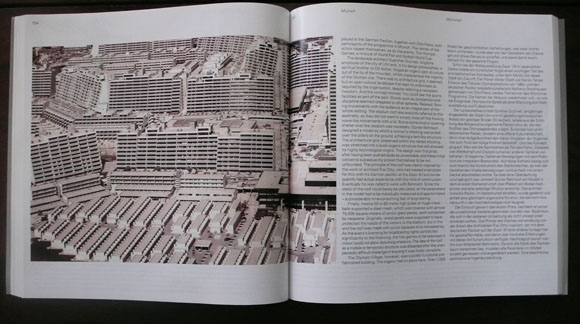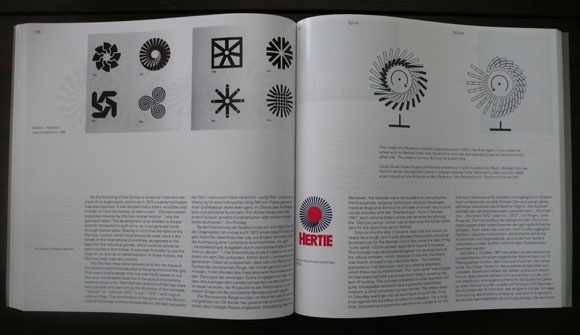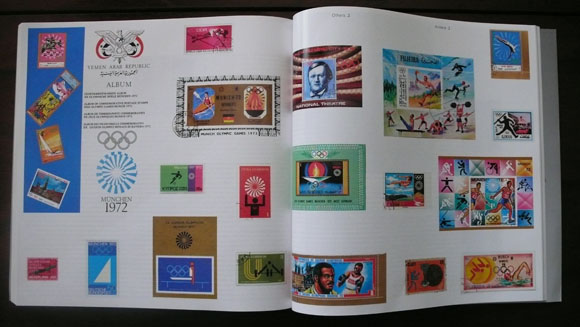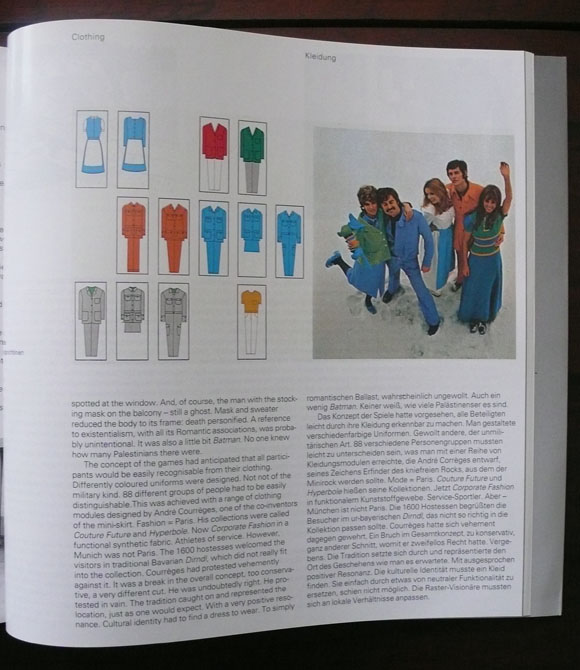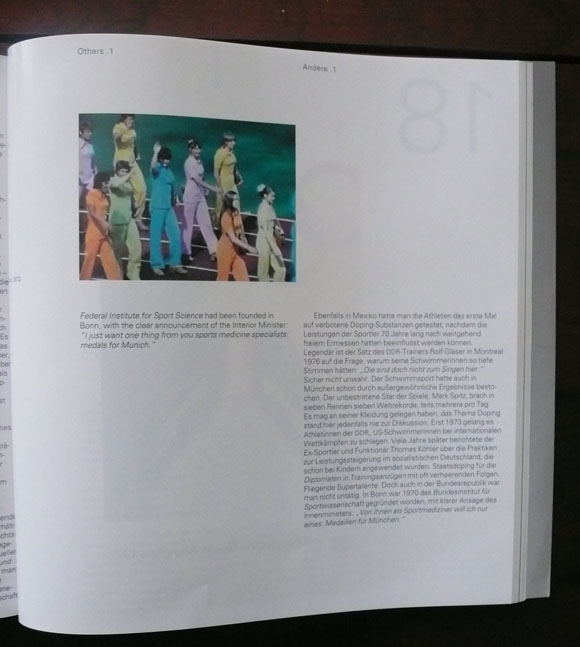Kommando Otl Aicher: Discover the dark side of the Olympics
Kommando Otl Aicher is Alexander Negrelli’s study of the 1972 Olympic Games through the prism of corporate and terrorist visual identities.
This stunning book interweaves the development of European graphic design culture with the history of the Middle East conflict and the politicisation of the Olympic spectacle, showing how Germany’s design supremo Otl Aicher’s credo of using visual means to change society for the better encountered the anonymously-generated and effective imagery of the Palestinian freedom fighters who took hostage and killed athletes during the Munich games that year.
Negrelli details the brief given to Aicher of recasting the German identity 36 years after the Berlin Olympics were derailed by the Nazis; the use of black and red was prohibited, for example. Instead pastels were used, even for police leisurewear, and the spiral symbol of Munich was foregrounded as the primary logotype to eradicate any memories of the swastika. Lower case was used throughout and Aicher commissioned the lexicon of pictograms which represented – as Negrelli notes – “a huge step in non-verbal communication”.
Aicher himself had been jailed by the Nazis for refusing to join the Hitler Youth and after the war helped found the important School Of Design in his hometown of Ulm. This carried on the work of the Bauhaus under the direction of architect Max Bill and is best known for the rationalist product designs of electrical goods manufacturer Braun.
Negrelli points out that the era of the 72 Games coincided with the closure of Ulm School, marking the fading of a Modernity which “defined social relations by formal categories. A Modernity which was already classical, so could no longer be avant-garde”.
In contrast, the visual language of the terrorists was radical not just in terms of its violence but also in relation to questions of image and identity, writes Negrelli: “Juxtaposed to the grid of the official image of the Olympic Games was the irregular one of guerilla war – flexible, efficient and more modern.”
In Kommando Otl Aicher, Negrelli has produced a quizzical, arresting document. As befits this inventive visual artist, it is also a design treat. I recommend it highly.
Kommando Otl Aicher is published by Maastricht’s Jan van Eyck Academie and is available to order here.
Negrelli’s site is here; he has also posted a series of entertaining and informative Youtube clips explaining aspects of the book. Here is the first, providing a general overview:

